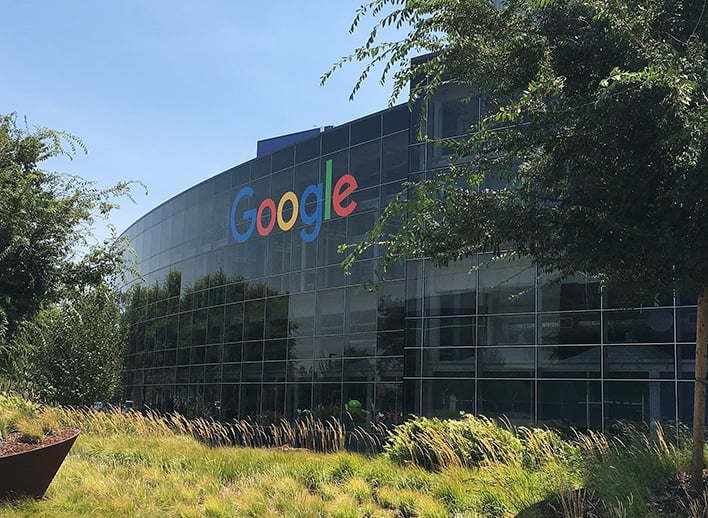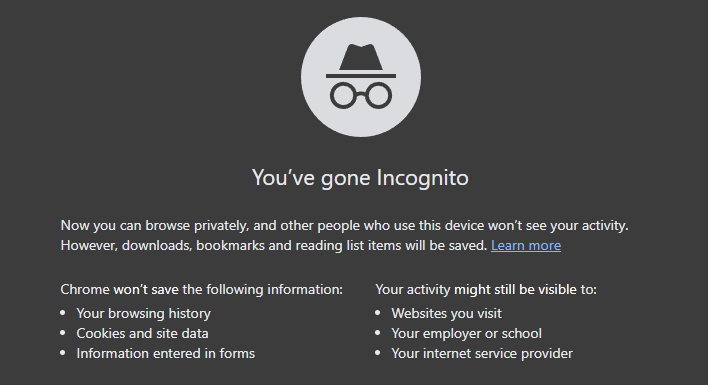Google Settles $5 Billion Privacy Lawsuit Accusing It Of Tracking Incognito Users

Google has claimed that it never deceived users with Incognito Mode, which technically does what it says. When activated, Incognito Mode deactivates extensions, logs you out of all accounts, and does not save web history or cookies. This effectively cloaks you from most online services, but Google never stops watching. The lawsuit cited internal Google emails from executives confirming that the company still tracks and utilizes Incognito Mode browsing data.
It's not hard to see how people might be confused about Incognito Mode. Google pushes it as a major privacy feature, and the name strongly implies an ability to preserve your privacy—why should that not include defending you from Google's all-seeing gaze? Even the Incognito icon, which features a person with a hat and sunglasses, could be considered misleading. And Google employees agree—some of the emails from the case include Googlers joking the "spy guy" is essentially Guy Incognito from The Simpsons. For those unaware, Guy Incognito is a one-off gag circa 1994 featuring a character who looks like a poorly disguised Homer. "Regardless of the name, the Incognito icon should always have been Guy Incognito. Which also accurately conveys the level of privacy it provides," said one Googler.

The plaintiffs initially requested between $100 and $1,000 per user, but it's unlikely that higher value is in play. Chrome is the most popular browser in the US (and the rest of the world), so it could have owed billions of dollars if it lost the case. The settlement will undoubtedly be better for Google's bottom line.
In fairness to Google, some parts of the company do seem to genuinely care about user privacy. It releases regular transparency reports, strives to keep user data from being swept up in police dragnets, and provides powerful tools to back up and delete your personal data. With Incognito Mode, Google appears to have let its thirst for browsing data get the better of it. And now it'll pay the price.
Don't hold your breath for that settlement check, though. Class action cases can take years to wrap up, even after a settlement has been reached. The case was set to go to trial in 2024, but Reuters reports the judge has put that on hold while the final settlement details are worked out. We could get official details on what kind of compensation each user can expect in the coming months.

